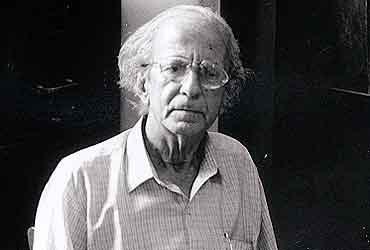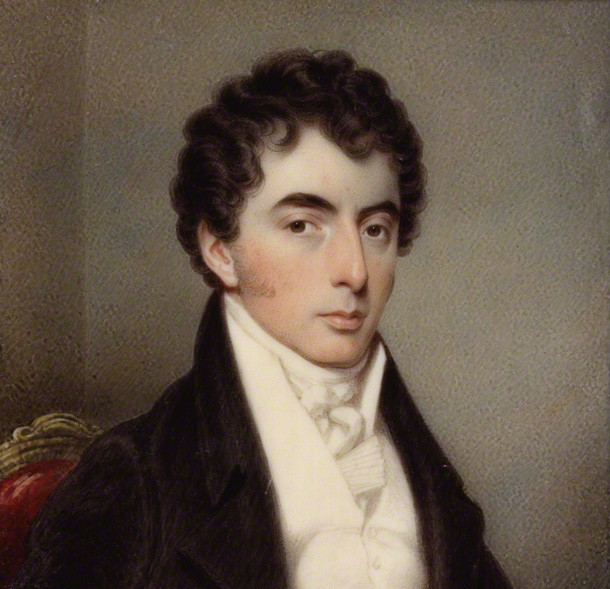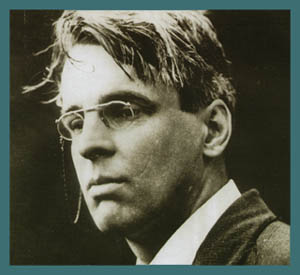This poem summary focuses on the poem ‘Growing Old’ by Matthew Arnold. As the title suggests, this is a poem about aging. ‘Growing Old’ is made up of six stanzas. Each of these stanzas consists of five lines, and is therefore a cinquain. The speaker of this poem, like most other poems by Arnold, speaks in first person. Hence we can equate the speaker with Arnold himself. Go through the Growing old by Matthew Arnold summary here.
Growing Old by Matthew Arnold Summary
The first stanza begins with Arnold asking what the experience of growing old is like, and offering a number of responses to this question. Arnold then suggests that growing old can be considered losing the kind of physical appearance one had in youth. Though Arnold believes the youthful human figure to be a glorious form, this answer itself does not seem to satisfy him as an appropriate depiction of the experience of aging. Arnold also suggests that growing old can be marked by the loss of “(t)he luster of the eye”.
This can be interpreted in two ways. Arnold might be suggesting the loss of clear vision in one’s eyes as a description of the aging process, or he might be suggesting the loss of enthusiasm (epitomized by the twinkling of one’s eyes) that one had felt in childhood or adolescence. This answer doesn’t satisfy him either. Next Arnold says that a part of growing old is losing one’s beauty, and he compares this with a queen giving up her crown. However, this is certainly not the be all and end all of aging.
In the second stanza, Arnold continues asking what the experience of growing old might be like. In reply, he suggests that aging can be equated with losing not just one’s beauty, but one’s strength as well. Not yet satisfied, he then suggests another string of experiences that can be considered essential to the process of aging. These experiences are the loss of feeling in one’s limbs, making them grow numb and stiff, the loss of precision in the functions that one’s body performs on a daily basis, and the loss of integration between one’s nerves.
The third stanza begins with Arnold agreeing to the validity of each experience he has previously described, but saying that aging is much more than the sum total of such physical responses. Though we do form some impression of what growing old will be like, when we are still young, the reality of aging is far removed what we expect it to be like.
Comparing the entirety of one’s life with the diurnal circle, we may imagine that aging is like the sunset that lessens the heat and exhaustion of the busy day and confronts us with calmness and tranquillity. However, if this is what we expect aging to be like, Arnold thinks that we will be deeply disappointed.
In the fourth stanza, Arnold continues to describe what aging is not like. He says that it is not like being given a hawk’s eye vision from an elevated position that we might feel old age will bestow on us. It is not to feel like one has seen enough of the past to be able to accurately predict how the future will be shaped. It is not to feel a tug at one’s heart strings as one is lost in fond remembrances of the life that one has lived thus far.
Instead, aging is the experience of spending interminable days without any knowledge of having been young at some point of time, says Arnold in the fifth stanza. This could imply two things – that memory loss is an inevitable part of aging, or that one is bound to feel separated from one’s youth by such a huge distance that it cannot be bridged.
A bleaker picture cannot be imagined, and yet Arnold does bring up one. He says that aging is the experience of waiting for death to come. It is akin to a prisoner counting the months till his release, for the pain of growing old is so unbearable that one actually starts yearning for death to come as a relief from that pain.
In the sixth and final stanza, Arnold says that aging is the last stage of one’s life in which one appears to have become frozen in time, unable either to recollect the past or to look forward to the future. At this stage, man is turned into a mere phantom of what he had been in his youth. Just as a phantom is opaque, a man who is aging appears to lack that matter of which human life is composed.
Arnold ends the poem by saying that when men grow old, their deeds are praised by society in a show of reverence. However, he can easily see through this and find the hypocrisy involved, for while man is possessed still of all his vitality, the same society spares not even a single moment in demeaning him. Read: Growing Old by Matthew Arnold Analysis.
Keywords: growing old by matthew arnold summary, growing old by matthew arnold explanation, growing old by matthew arnold meaning, growing old by matthew arnold summary line by line
Some online learning platforms provide certifications, while others are designed to simply grow your skills in your personal and professional life. Including Masterclass and Coursera, here are our recommendations for the best online learning platforms you can sign up for today.
The 7 Best Online Learning Platforms of 2022
- Best Overall: Coursera
- Best for Niche Topics: Udemy
- Best for Creative Fields: Skillshare
- Best for Celebrity Lessons: MasterClass
- Best for STEM: EdX
- Best for Career Building: Udacity
- Best for Data Learning: Pluralsight















